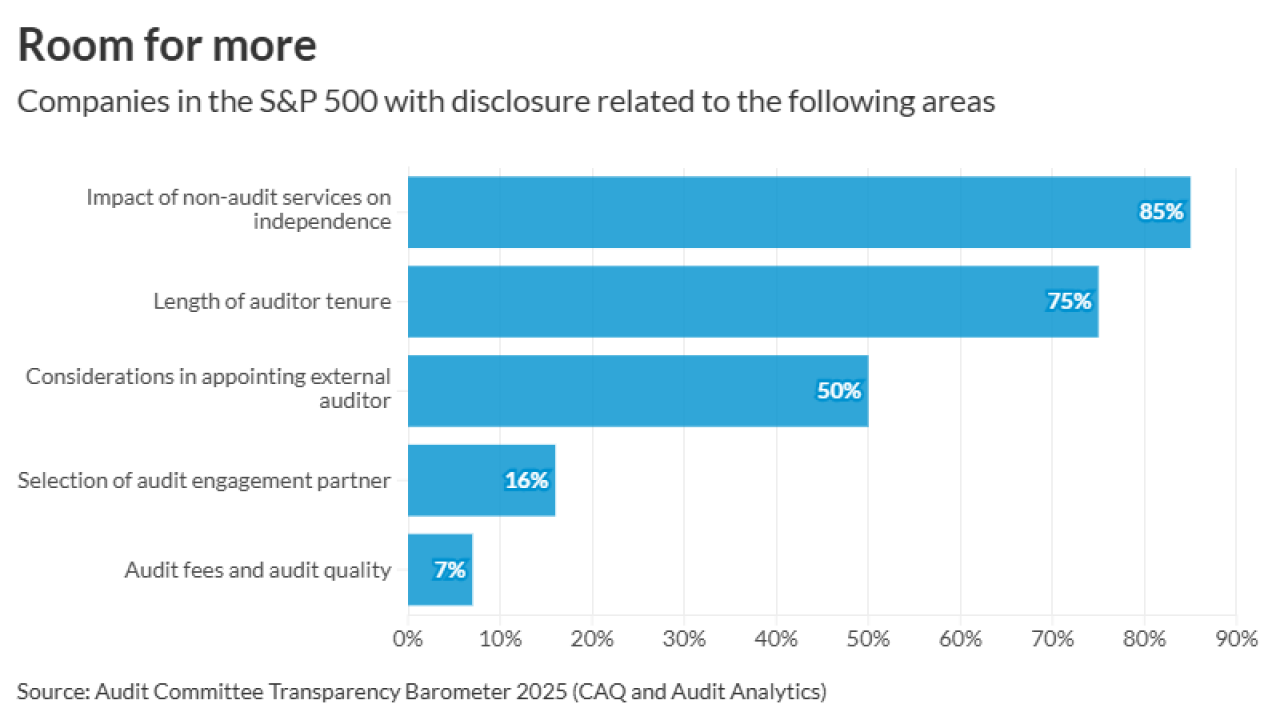
As the federal government shutdown grinds on, most Internal Revenue Service operations are closed. With agency-wide furlough in place since Oct. 8 for everyone except already-identified excepted and exempted employees, tax professionals and taxpayers alike can expect a lot less from the agency.
Clay Hodges, a director with the National Tax Office of Top 10 Firm Baker Tilly, summed up the situation:
- Roughly 39,870 employees — those deemed essential for operations such as tax law implementation — continue to work.
- The IRS began the year with about 100,000 employees, but due to resignations, deferred retirement and now furloughs, only about 39% of staff remain active.
- The National Treasury Employees Union has warned the public to expect delays, backlogs and longer response times because of the reduced workforce.
- The IRS is keeping a significant portion of employees in taxpayer management and return integrity/compliance. However, the enforcement divisions are facing the largest cutbacks. Other areas impacted include the Taxpayer Advocate Service and ongoing Tax Court proceedings, both of which will see disruptions..
The IRS employees that were furloughed cannot work at all, even voluntarily, according to Hodges: "They can't take their computer home or look at anything. They are off duty in all senses of the word."
"The vast majority of those people that were deemed non-essential and therefore furloughed came from the enforcement divisions," he added.
About 75% of the revenue agents from the Large Business and International Division were furloughed, he noted, and about 67% from the Small Business/Self-Employed Division, and then about 85% from the Tax-Exempt and Government Entities Division.
Other departments are affected as well. "The Taxpayer Advocate has been furloughed, and then also anything dealing with the Tax Court; those proceedings have been stayed until the government gets off and running again," said Hodges. "The divisions that are the main people that were deemed essential and are still working are those that process the tax returns, some IT units that would need to keep the IRS operational, things of that nature. It doesn't mean it will be business as usual on the systems that are still operational."
"There's still going to be some slowdowns. The longer the government is shut down, the more the cascading effect it will have on the IRS will grow because they just get further and further backlogged. But the filing and processing of those returns should have been 'all-systems go,'" he continued. "Where taxpayers may feel some immediate effects will be lack of responses to some of their inquiries they may have had that occurred prior to the furlough if they had unresolved issues."
For example, suppose taxpayers receive a notice that they owe an additional amount for late filing. They have proof that they filed timely, and submitted it to the IRS. Usually, that would be something that the agency would clear up over time, but now with the furloughs, the different departments are not fully communicating with each other and it will take additional time and effort to unravel everything, according to Hodges.
"We need to take action and it's just not happening as expeditiously as as taxpayers need," he said. "That's an area where taxpayers will feel the crunch from furloughs and the reductions that happened."





